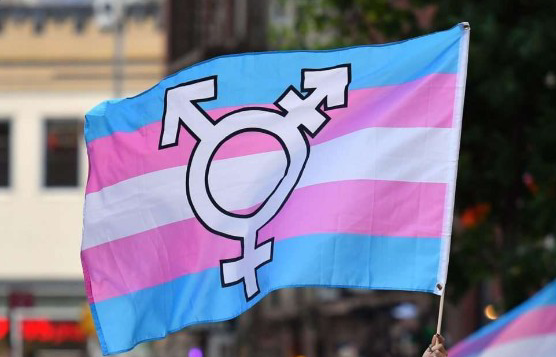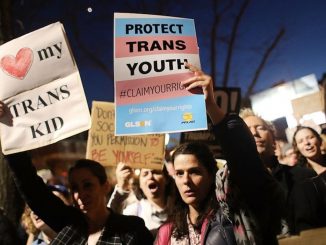
At 12, Chloe was confused; at 13, she told her parents she believed she was a boy. Her parents took her to a doctor who put her on puberty blockers and testosterone to help her “transition.” At 15 — years before she would be allowed to get a tattoo or buy a drink — doctors cut off both her breasts. By 16, she knew she had made a mistake.
Chloe shared her tale with the New York Post in a piece about the growing trend of “de-transitioning.” As the Post noted, “Tragically, many will struggle for the rest of their lives with the irreversible medical consequences of a decision they made as minors.”
The push for medically transitioning children at earlier ages is activism masquerading as science that effectively turns children into experimental subjects and places their health and their families’ well-being at risk. States are right to enact laws protecting children from these potentially harmful medical procedures. But they should do so in a limited manner that avoids punitive approaches toward families that could result in traumatic separation or foster care entry.
States wishing to protect children are facing serious pushback from Washington. President Joe Biden signed an executive order June 15 directing the U.S. Department of Education and the Department of Health and Human Services to expand access to so-called “gender affirming care” for children.
That same day, the World Professional Association for Transgender Health (WPATH), the leading association of doctors who practice transgender medicine, announced that it is lowering its recommended minimum age for gender-transition procedures. The new recommendations allow children to start puberty blockers as early as age 8 and hormone therapy at age 14. At age 15, right around the time most youth are learning to drive a car, girls will be able to undergo breast removal surgery. Genital surgery, including womb and testicle removal, can be completed at age 17 — just in time for high school graduation.
Despite the insistence of activists and the Biden administration that “there is no argument” among medical professionals over the value of performing these procedures on children, the reality is there is no conclusive evidence that these procedures actually help children who are struggling with their gender identity.
Emerging research shows that the use of these puberty blockers and hormones in children carry significant risks and long-term side effects. Known side effects include loss of bone density, stunted growth and infertility. As a result of these risks, countries like Finland and Sweden, which have been well ahead of the U.S. in providing “gender-affirming care” to children, are reversing course and are no longer prescribing puberty blockers and cross-sex hormones to children.
In response to the rapid proliferation of pediatric gender clinics and efforts to make it easier for minors to medically transition, several state legislatures are taking various approaches to limiting the practice. In 2021, for example, Arkansas enacted legislation that prohibited doctors from providing puberty blockers, cross-sex hormones or transition surgery to anyone under age 18. A 2022 Alabama law makes it a felony to provide transgender medical services to youth under age 19, and Texas Child Protective Services has begun abuse investigations of families seeking these procedures for their children.
Lawmakers seeking to protect children from the physical and emotional harm associated with sex reassignment medications and procedures should be mindful of the collateral consequences of their policy solutions and avoid subjecting children and their families to unintended harm. Although calls to define the practice as child abuse is understandable, we must recognize that this approach triggers a legal process that subjects struggling children and their families to the added, unnecessary trauma of foster care involvement. By contrast, legislation focused solely on prohibiting doctors from performing these experimental procedures on children gets at the root of the problem — the medications and procedures themselves — without causing additional harm.
The United States should take to heart the lessons learned by countries like Finland and Sweden and prioritize proven alternatives like professional mental health counseling to help young boys and girls cope with their feelings of dysphoria, anxiety, and depression rather than pushing the false promise that a magic pill will make everything better. Most of all, policies designed to protect children must also protect their families.
Andrew C. Brown, JD, is the distinguished senior fellow of child and family policy at the Texas Public Policy Foundation.
* Article from: The Daily Caller


